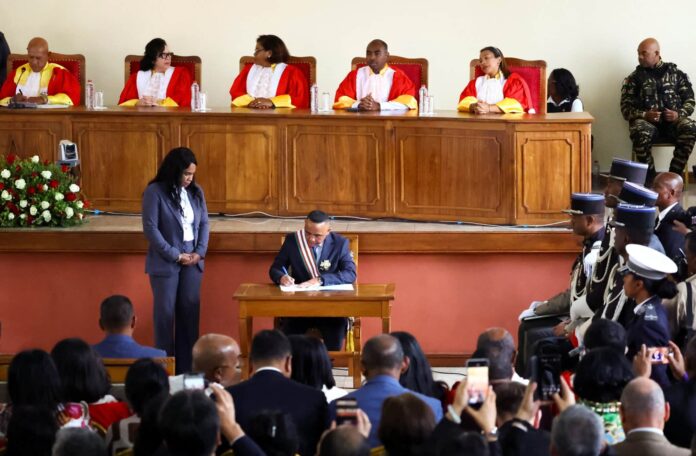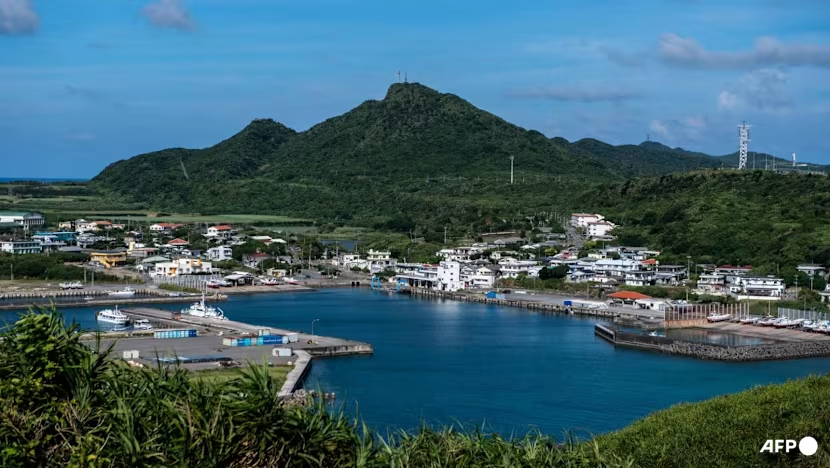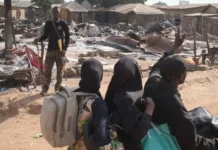
Written by Lisa Murimi
Madagascar’s new military-led government has unveiled a mostly civilian cabinet as it seeks to consolidate control and restore stability following the coup that ousted President Andry Rajoelina earlier this month.
The cabinet, announced Tuesday on national broadcaster TVM, includes 25 civilians and four military or paramilitary officers, signalling an attempt by the junta to project inclusivity amid growing international concern over the island nation’s democratic future.
Colonel Michael Randrianirina, who seized power after weeks of youth-led protests forced Rajoelina to flee, was sworn in as interim president days after the coup.
He has pledged that a military-led transitional committee will govern for up to two years before new elections are held.
Prime Minister Herintsalama Rajaonarivelo will lead the new administration, which features several prominent critics of the former president.
Christine Razanamahasoa, who was removed as president of the National Assembly by Rajoelina’s party last year, was appointed foreign minister, while Fanirisoa Ernaivo, a long-time opponent of Rajoelina who had been living in exile, was named justice minister.
The inclusion of these figures suggests an effort by the new leadership to broaden political participation and ease tensions after months of unrest.
Economics professor Hery Ramiarison will serve as finance minister, while key security positions — including the ministries of the armed forces, public security, land planning, and the gendarmerie — were handed to military officials loyal to Randrianirina.
The new government faces daunting challenges, particularly the chronic power and water shortages that helped ignite the protests against Rajoelina.
According to the World Bank, Madagascar’s per capita economic output has nearly halved since independence from France in 2020, underscoring the scale of the economic crisis.
There was no immediate reaction from protest leaders to the cabinet appointments, but analysts say the inclusion of opposition voices could help defuse tensions if followed by genuine reforms.
Meanwhile, Rajoelina — who was impeached by lawmakers after his flight abroad — has denounced the coup as illegal and vowed not to recognize the new regime.
Despite his objections, the High Constitutional Court has ratified the transitional government, effectively cementing the military’s grip on power.


















